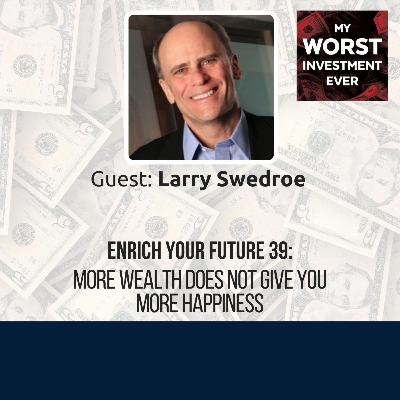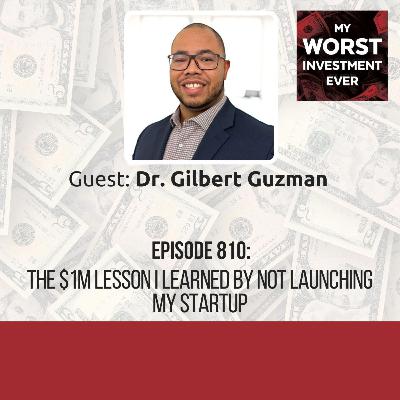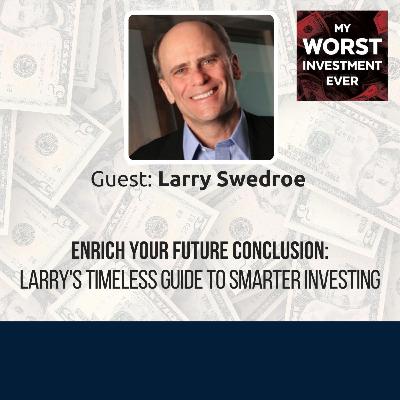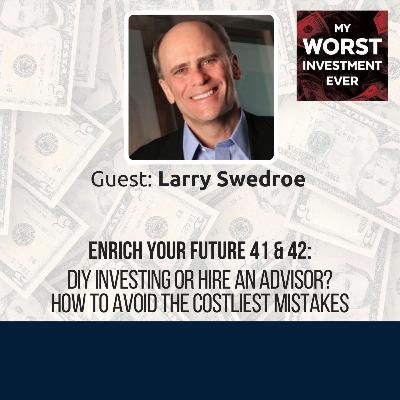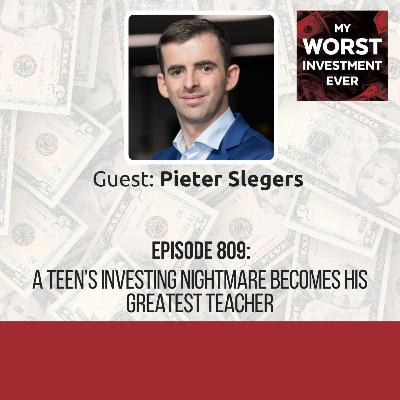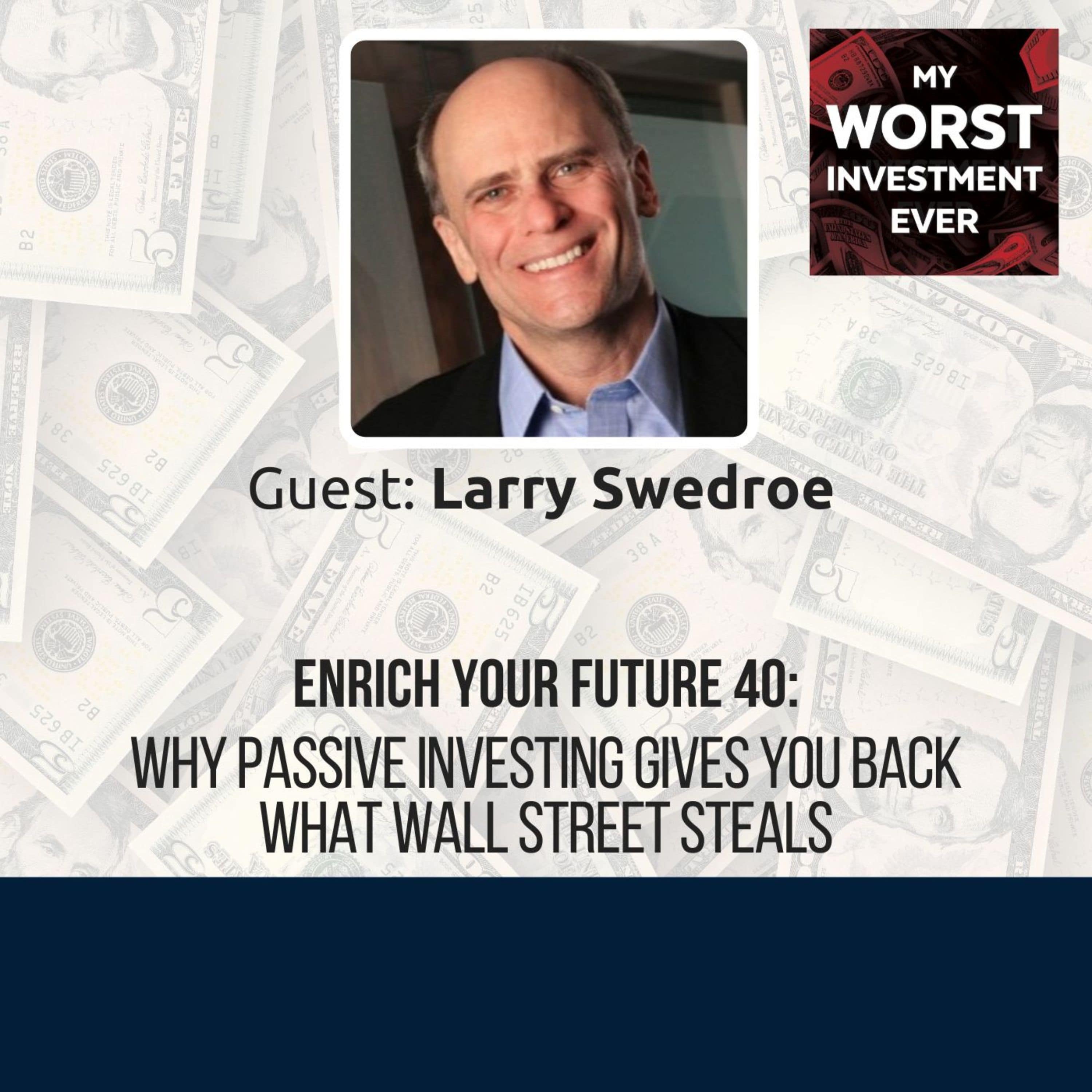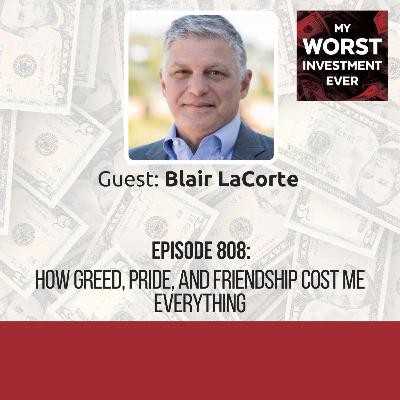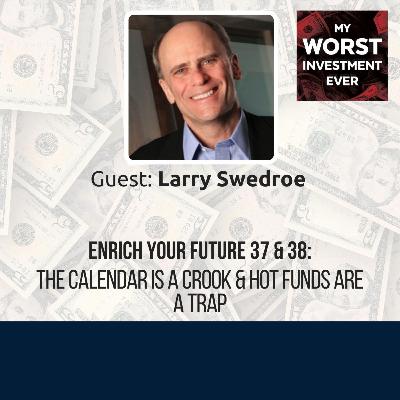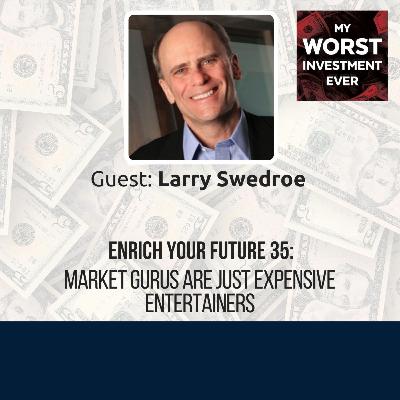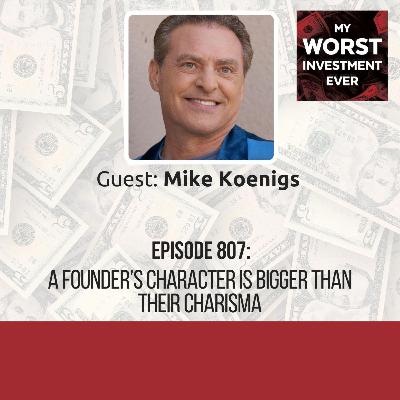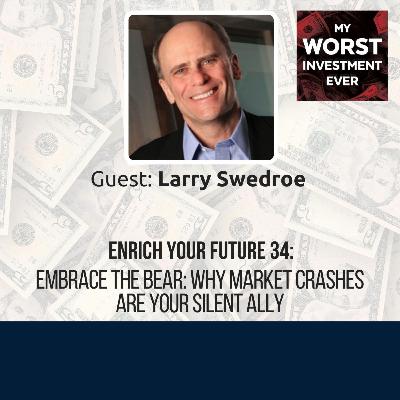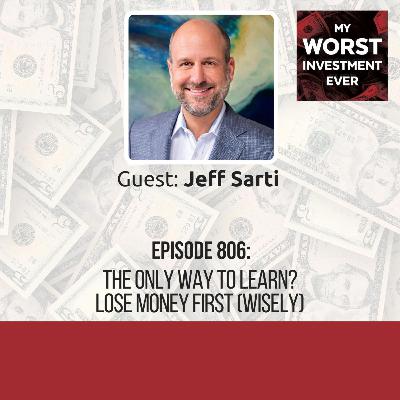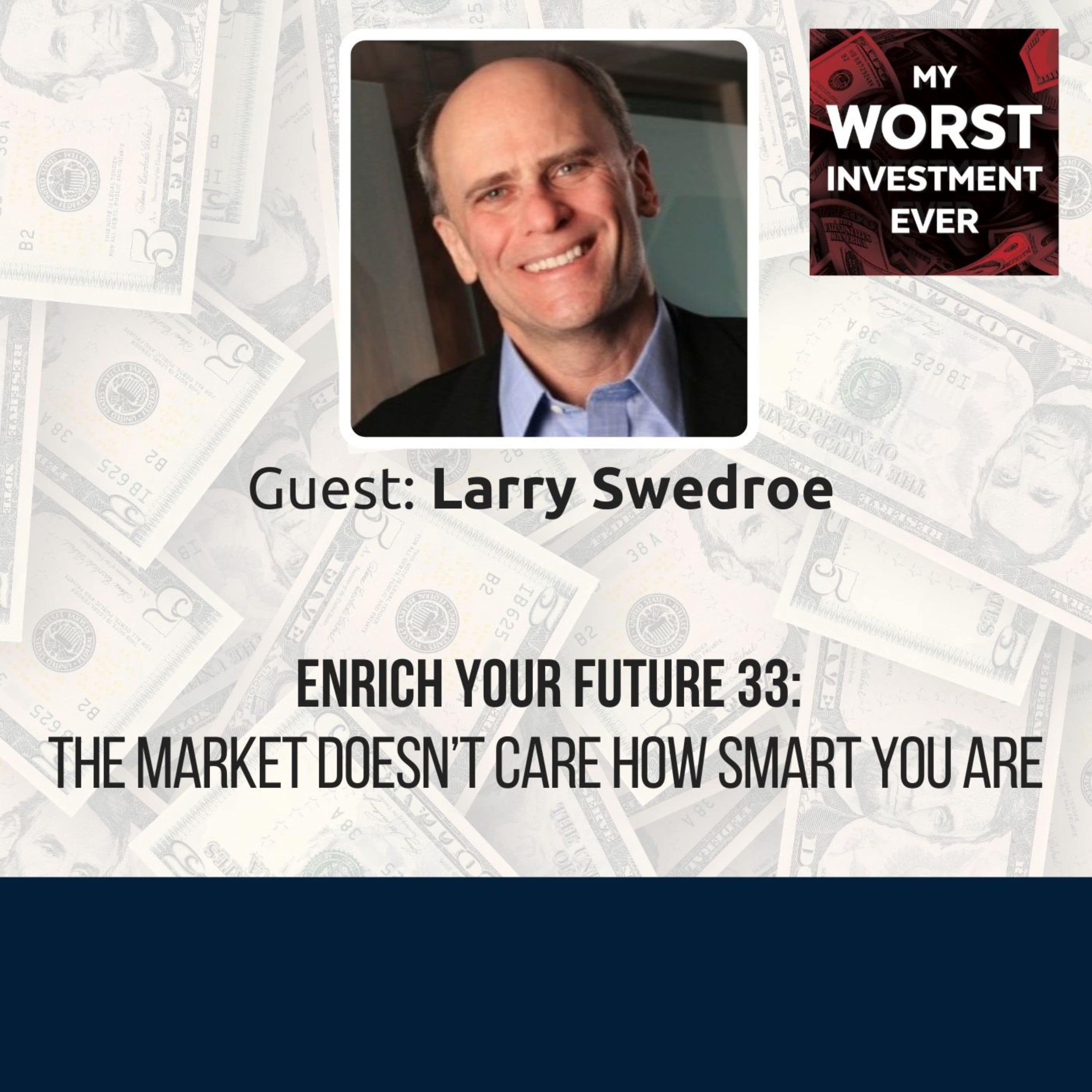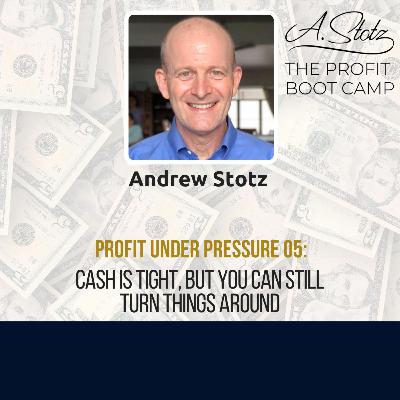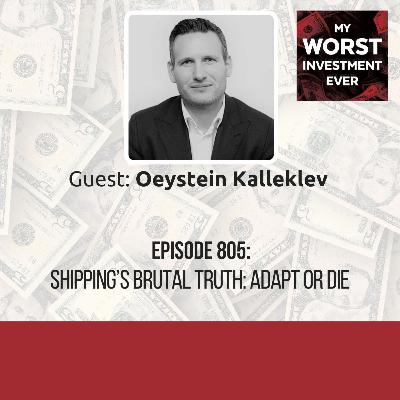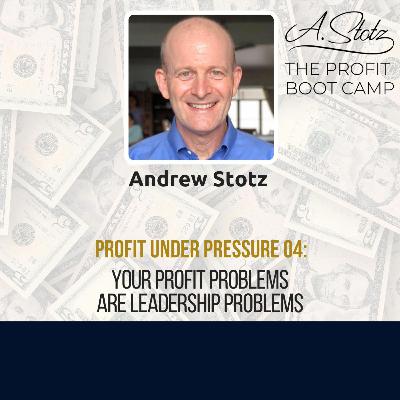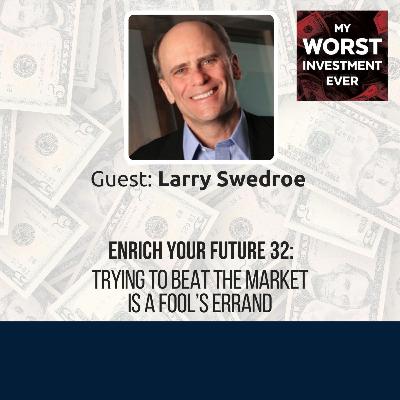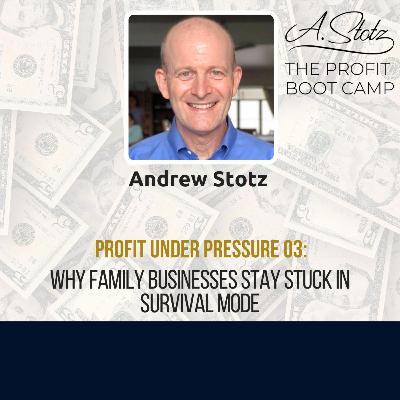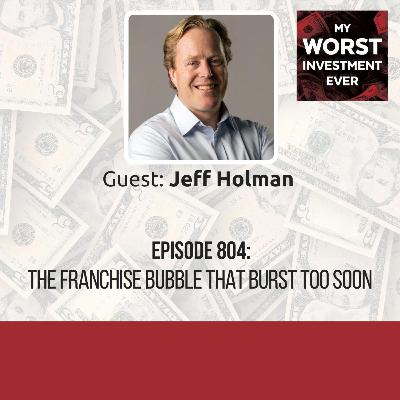Enrich Your Future 39: More Wealth Does Not Give You More Happiness
Description
In this episode of Enrich Your Future, Andrew and Larry Swedroe discuss Larry’s new book, Enrich Your Future: The Keys to Successful Investing. In this series, they discuss Chapter 39: Enough.
LEARNING: More wealth does not give you more happiness.
“Prudent investors don’t take more risk than they have the ability, willingness, or need to take. If you’ve already won the game, why are you still playing?”
Larry Swedroe
In this episode of Enrich Your Future, Andrew and Larry Swedroe discuss Larry’s new book, Enrich Your Future: The Keys to Successful Investing. The book is a collection of stories that Larry has developed over 30 years as the head of financial and economic research at Buckingham Wealth Partners to help investors. You can learn more about Larry’s Worst Investment Ever story on Ep645: Beware of Idiosyncratic Risks.
Larry deeply understands the world of academic research and investing, especially risk. Today, Andrew and Larry discuss Chapter 39: Enough.
Chapter 39: Enough
In Chapter 39, Larry discusses the importance of knowing that you have “enough,” a concept that, once understood, can enlighten and guide your financial decisions.
In 2009, Larry conducted an investment seminar for the Tiger 21 Group, America’s most exclusive wealth management group. One of the issues the group asked him to address was: How do the wealthy think about risk, and how should they approach it? Larry’s answer exposed a terrifying paradox.
More wealth will not make you happier
According to Larry, self-made wealth follows a predictable script. Fortunes are built through extreme risk-taking: betting everything on one business, ignoring diversification, and trusting instinct over analysis. This breeds a dangerous confidence—the kind that whispers, “If I did it once, I can do it again.”
He explains that the utility of the wealth curve resembles an elephant from the side. It goes up quickly because when you have nothing, even a little extra money can significantly improve your life. If you’re homeless and someone gives you $25 to take a shower, get a meal, and stuff, that will make you much better off. But once you get to some level of net worth, like $2 million or $3 million, or whatever the number is for you, the extra wealth is better than less.
However, as you gain more wealth, your incremental level of happiness—just like the elephant’s back— flattens out. There’s virtually little or no improvement in your state of well-being and happiness.
The entrepreneur’s invisible trap
Larry stresses that wealth building and wealth preservation demand opposite mindsets. Those with the greatest ability to take risks (resources to absorb losses) and willingness (confidence from past wins) often overlook the third critical factor: need. And therein lies the trap.
The wealthiest individuals have a near-zero need for further risk. Yet, they continually strive for more and take on significant risks that may not ultimately lead to an enhanced level of happiness. In reality, they do not need to take such a substantial risk. They can dial down the risk in their portfolio and be much happier, sleep better, not worry about markets, and enjoy their life.
When $13 million evaporates
Larry recounts meeting a couple in 2003. Three years earlier, their portfolio stood at $13 million, with a heavy concentration in tech stocks. By 2003? $3 million. An 80% collapse.
“Would doubling to $26 million have changed your lives?” Larry asked.
“No,” they admitted.
“Then why risk everything for gains that wouldn’t matter?”
Their fatal error? Never defining their “enough.” When desires—a larger yacht, a vineyard, or “legacy” projects—morph into perceived needs, they artificially inflate risk tolerance. This ignites a destructive cycle: greater “needs” demand riskier bets, which invite catastrophic losses.
The science of “enough”
Larry points to research that reshapes wealth psychology: Beyond $75,000 per year (adjusted for inflation), happiness plateaus. After $10 million, diminishing returns accelerate violently. The billionaire’s third home brings no more joy than a latte at the bookstore.
This isn’t a theory. Psychologists confirm that true contentment comes from non-tradable assets. These are the experiences and relationships that money can’t buy. A walk in the park with your partner. Reading to grandchildren. The freedom to control your time. These cost little yet yield everything. A $100 bottle of wine? It can’t compete with a $10 one shared with friends.
Breaking the cycle
Larry prescribes four antidotes for Tiger 21’s members:
- First, ask: “If I lost 80% tomorrow, would my core lifestyle survive? Would my relationships?” If the answer chills you, you’re over-risked.
- Second, map your marginal utility of wealth. Draw a curve tracking wealth against life satisfaction. Where does the line flatten? That’s your “enough.” For most, it’s far lower than imagined.
- Third, build a “fortress portfolio.” Replace concentrated bets with global diversification. Swap illiquid moonshots for Treasury bonds and index funds. Protect capital like a museum guards its masterpieces.
- Fourth, demote desires. Luxury items must never masquerade as needs. That vineyard? A want—funded only if cash flows cover it without gambling capital.
The unbreakable wealth paradox
Larry concludes by emphasizing that building wealth requires courage. Preserving it requires the courage to say: “No more.” The difference between the rich and the ruined isn’t intelligence—it’s knowing when you have enough.
Did you miss out on the previous chapters? Check them out:
Part I: How Markets Work: How Security Prices are Determined and Why It’s So Difficult to Outperform
- Enrich Your Future 01: The Determinants of the Risk and Return of Stocks and Bonds
- Enrich Your Future 02: How Markets Set Prices
- Enrich Your Future 03: Persistence of Performance: Athletes Versus Investment Managers
- Enrich Your Future 04: Why Is Persistent Outperformance So Hard to Find?
- Enrich Your Future 05: Great Companies Do Not Make High-Return Investments
- Enrich Your Future 06: Market Efficiency and the Case of Pete Rose
- Enrich Your Future 07: The Value of Security Analysis
- Enrich Your Future 08: High Economic Growth Doesn’t Always Mean High Stock Market Return
- Enrich Your Future 09: The Fed Model and the Money Illusion
Part II: Strategic Portfolio Decisions
- Enrich Your Future 10: You Won’t Beat the Market Even the Best Funds Don’t
- Enrich Your Future 11: Long-Term Outperformance Is Not Always Evidence of Skill
- Enrich Your Future 12: When Confronted With a Loser’s Game Do Not Play
- Enrich Your Future 13: Past Performance Is Not a Predictor of Future Performance
- Enrich Your Future 14: Stocks Are Risky No Matter How Long the Horizon
- <

